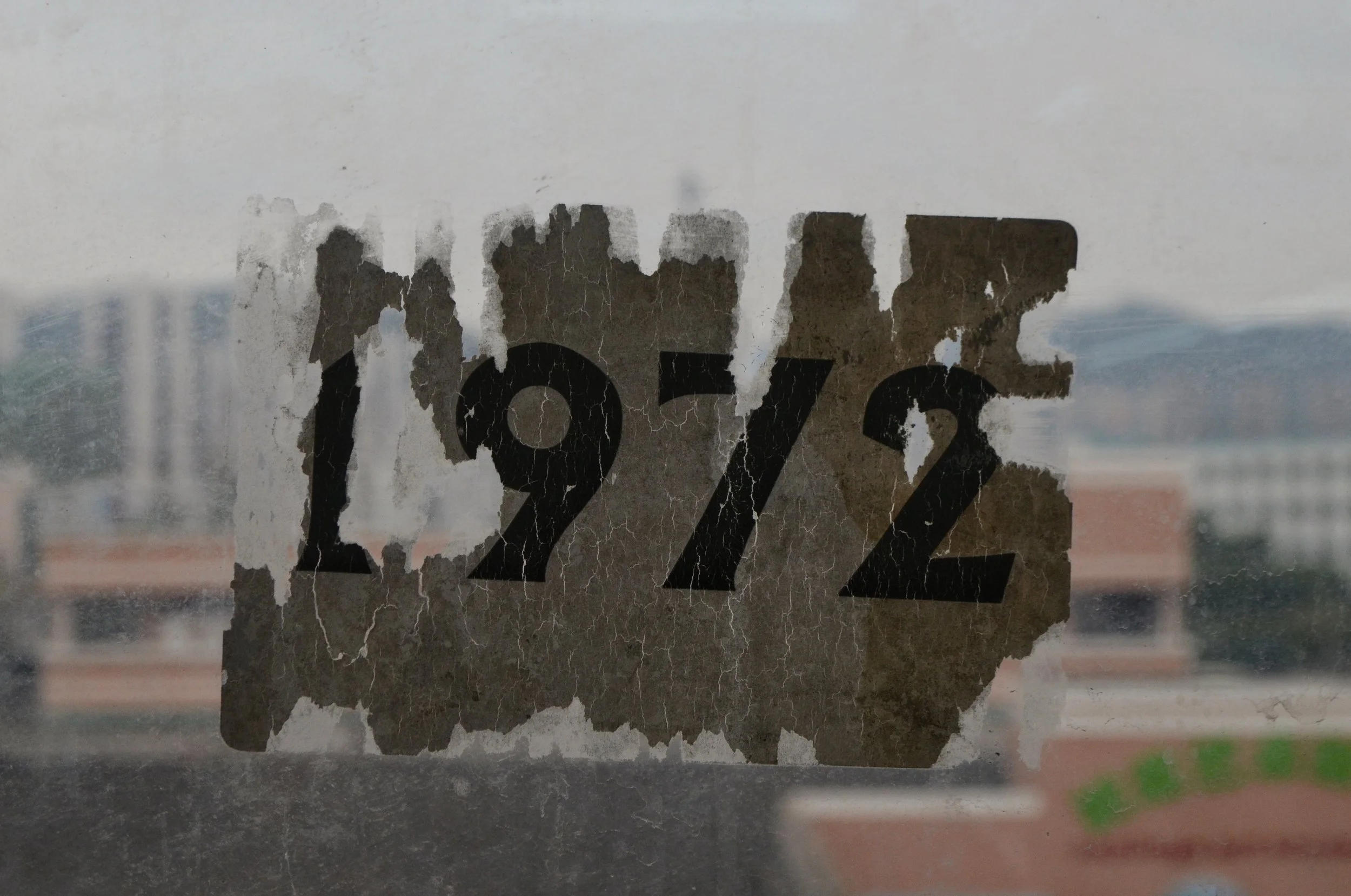50 years later Divorce Stigma is still here
Has the Stigma of Divorce changed in the last 50 years?
A month before I decided to separate from my ex, I called up my eldest sister and asked her, “Would you be embarrassed if I got a divorce?” At the time, I was not sure why I asked this question; it just came out of my mouth before I even knew it. Thinking back, I suspect that I needed to hear that she was going to be accepting and that I wasn’t going to be frowned upon by my family for getting a divorce after 19 years of marriage. It is quite strange that I felt this way since divorce is so prevalent in today’s society with the rate of divorce in Canada at 40% and even higher in the States. What I was fearing was the ongoing stigma surrounding divorce.
Divorcing in 1972
My mother and father got divorced in 1972. They lived in a big house in Toronto. She was a young, stay-at-home mother with 2 young daughters. As a result, my mother's life changed drastically when they got divorced. This got me thinking about what my mother must have gone through in her own divorce from my father. I was 6 months old and my oldest sister was 4. If I felt embarrassed and feared the stigma because of my own divorce, I wonder what it was like for my mother 50 years ago? Divorce in the early 1970’s was not common; the divorce rate back then was 3%. Compare that to the divorce statistics of today which are almost 40% higher. Putting this low statistic of 3% into context it is equal to the number of twins born each year. Ask yourself how many twins have I known or have grown up with. I knew just 3 sets in my entire lifetime and that is how uncommon divorce was back in the 1970s. It was quite rare for people back then to know many divorced couples. As a result, day to day life for divorced women, including my mother, was much harder than for women of today. She was a struggling single mother and society termed our situation as a broken family. Women were judged and blamed by friends, family and society for the marriage breakdown and this led to the divorce stigma. In those days, there were no support systems for divorce. For my mother, it was harder for her to find friends and dating was more difficult partly because she was the primary caregiver. Back then the only way to find other divorced mates were at bars, single’s clubs and posting ads in the classified section of the local newspaper; it was a lonely divorce journey.
Has the stigma of divorce really changed since the early 1970s
Even 50 years after my Mom and Dad’s divorce society still has a lingering and insidious view that divorce is wrong. Recent studies state that more than half of those who are divorced or divorcing believe there is stigma to getting a divorce. We feel this way because our beliefs and standards were put there by others not by ourselves. Think of it this way, children are taught that successful people should: study, get a career, find a suitable partner and start a family. When people divorce it is called a ‘failed marriage’ and therefore are viewed as failures. We as a society are built on families and those that are divorced are outsiders. Many will try everything to salvage the marriage before getting a divorce since we too see divorce as a failure. When you are going through a divorce you can feel like you have lost your footing in society and have been cast aside. You may have heard comments saying your poor kids, you did not try hard enough and/or every marriage has its tough times, you can get through this. All these factors and many more can contribute to divorcing people still being judged.
Women feel more stigma and shame than men do
Feelings of shame and stigma are more commonly felt by women than men. Women are taught that keeping a marriage together is their responsibility. We are known to be the ‘glue of the family’, the nurturer, the giver and the one that would sacrifice everything for their family. We were raised to be kind, generous and to think of others first. There is also an expectation of women to get married and have kids. So in my own situation I felt ashamed and embarrassed for not living up to my duty as a wife and mother. I remember talking to an older male after my divorce and he said that he would never date a divorced woman because she could not make her marriage work. I had no idea that people still felt this way about divorce; I had thought society had evolved from that way of thinking.
What about self stigma
When I asked my sister about being embarrassed it was because I was feeling self stigma. I was internalizing society's feelings regarding divorce and I too, started to believe that I had failed. I remember not wanting to tell anyone about my divorce. I would avoid people as I did not want others to find out. I also did not want to discuss it with anyone, even though I am the one that left the marriage. I realized that I had to work on my self-esteem and that I had to build myself up again and make the realization that I was not a failure. I started to reframe my thinking to say to myself I had the courage to leave a difficult, neglectful and abusive marriage. It also took time to understand that divorces happen because both parties have responsibilities for the breakdown of the marriage and I admit to having a portion of the responsibility. The fact that I had taken it all on myself was wrong, but so typical as a woman to take most of the blame.
Tips for getting past shame and stigma in divorce
When going through a divorce there are two people in that marriage. Both have some responsibility for the breakdown. They may not be equal, but it is rarely one person's fault.
If you feel you are really stuck in this shameful emotion, it would be best to seek a therapist to discuss those feelings, re-evaluate your core beliefs regarding divorce and build up your self esteem again.
Shame in a divorce is when you feel like you violated someone else’s standard. It is society’s belief it doesn’t have to be yours. For example: if someone says, “all children from divorce suffer”, do you accept this or can you challenge this thought since new research states that many children of divorce learn to become more resilient, empathetic and self-sufficient. Challenge these stereotypical beliefs about shame in your own divorce.
You may feel like you are now different from your married family and friends, and they may view you differently. They may say nonsensical things like, “at your age how are you going to find someone else to date?” However it is their beliefs about divorce, not yours.
Nowadays, millions of people get divorced, you are not alone in your journey. Join divorce groups and workshops to meet new peers like yourself.
Are you a failure? People often go immediately to negative thinking since as humans, we are wired this way. Rather than ruminating about what we did not do right in the marriage, we need to reflect on the things we did right and grow from both.
Exciting News: The Just Separated Workbook is Now Available on Amazon Worldwide!
Divorce can feel overwhelming, but the right support makes all the difference. Just Separated: A Hands-on Workbook for Your Separation & Divorce is a must-have resource for anyone going through a divorce or exploring what's next.
This practical, all-in-one guide covers emotional recovery, legal essentials, financial planning, and co-parenting strategies. With quick, actionable tips and exercises you can use at any time—no need to read through chapters.
Find clarity, rebuild your life, and take control of your future. 📖
🎉 To support you during January Divorce Month, the workbook is 25% off on Amazon worldwide. Download a free sample today and see how Just Separated can guide you through this journey.




